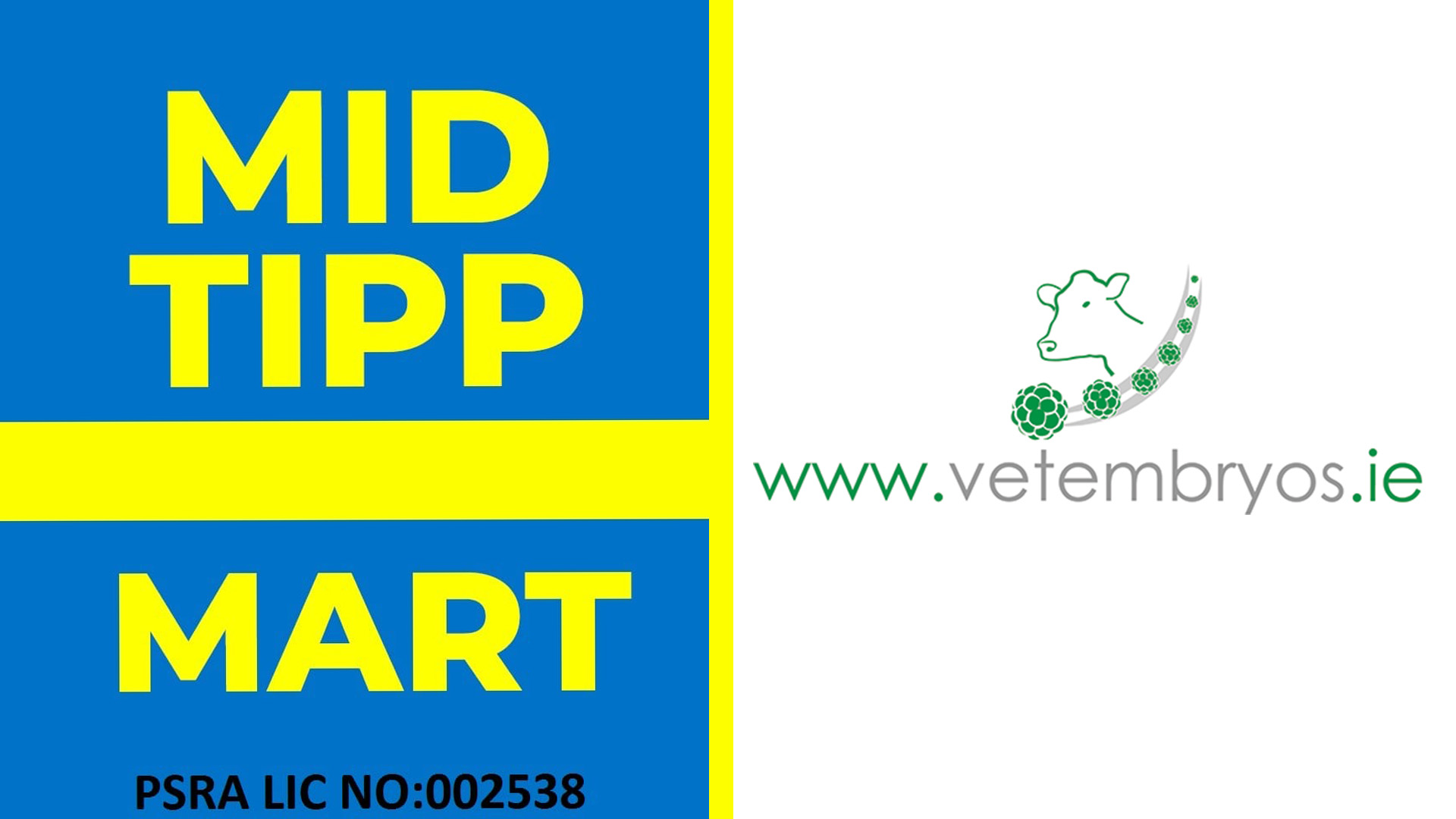Sponsored Article
Sponsored Article
Parasite control - getting it right
Sponsored Article
Worm burdens in animals at pasture are an inevitable fact of farming in Ireland and parasite control is an important consideration. As temperatures increase, the time for worm eggs to develop into infective larvae shortens and when we move into June and July, there is an abundance of larvae on pasture.
Choosing the right product and getting the most from it are key factors in ensuring optimum livestock performance and reducing the risk of anthelmintic resistance.
Worming is essential to break the life cycle of gutworms where cattle are grazing infected pastures. Treatments should aim to limit disease and minimise pasture contamination.
Hoose (lungworm) is an added complication in cattle. The best on-farm test for lungworm is the farmer’s own ears!
Affected cattle should be treated as early as possible because severely affected animals may either not respond, or symptoms may be exacerbated, as dead or dying larvae block the lower airways and alveoli.
The low infection threshold for disease and the potential for rapid increase of infective larvae on pastures, means that outbreaks are unpredictable. Consequently, the use of clean grazing strategies is less reliable than for other roundworm species.
Answering these questions can help farmers identify an effective parasite control programme with their advisor.
Once the most appropriate option has been identified farmers can be guided to a suitable protocol in the dosing chart and treatment dates, which will depend on turn-out and housing dates, can be filled in on the chart.
The dosing chart can be downloaded from the following link on the Zoetis website by clicking here.
With the start of the grazing season under way, now is the time for farmers to speak to their prescriber and plan their grazing and worming strategies for the season.
All Cydectin products contain moxidectin. All Dectomax products contain doramectin.
Duration of persistency: Cydectin 1% injection, Cydectin Pour-On and Dectomax Pour-On: Ostertagia 5 weeks, Dictyocaulus 6 weeks; Dectomax 10 mg/ml injection Ostertagia & Dictyocaulus: 5 weeks; Cydectin 10% Long acting injection Ostertagia & Dictyocaulus: 120 days.
For further information please check the SPC or contact Zoetis: (01) 2569800 or visit www.zoetis.ie.
Sponsored Article






